Hair Oil
- You cannot add "Dr. Davey Pure Castor Oil 50ml" to the cart because the product is out of stock.
Showing 1–9 of 60 results
-
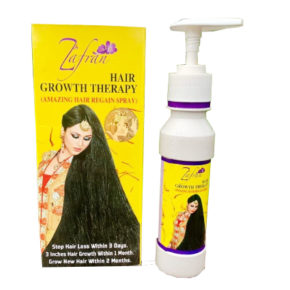
Zafran Hair Growth Therapy Pakistan-150ml
Total Sold: 477
400.0৳ Add to cart -
Sale!
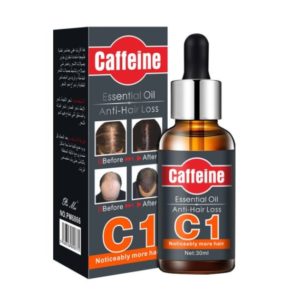
Caffeine Essential Oil Anti Hair Loss 30ML
Total Sold: 140
360.0৳ Add to cart -
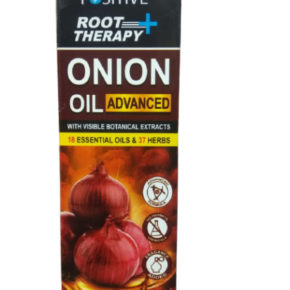
Positive Root Therapy Onion Oil
Total Sold: 91
550.0৳ Add to cart -
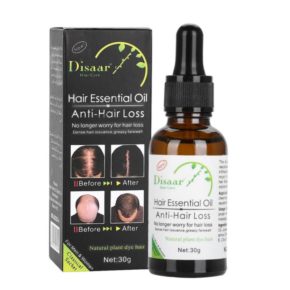
Disaar Hair care Hair Essential Oil For Anti...
Total Sold: 78
350.0৳ Add to cart -
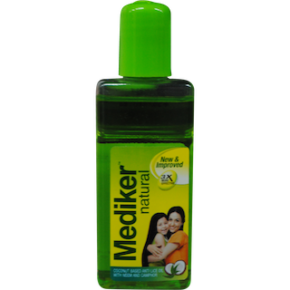
Mediker anti lice oil 50ml
Total Sold: 68
250.0৳ Add to cart -
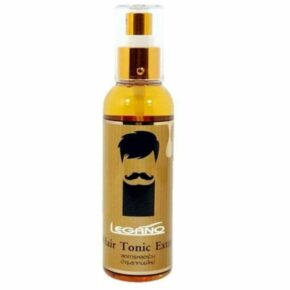
Legano Hair Tonic 120g
Total Sold: 60
650.0৳ Add to cart -
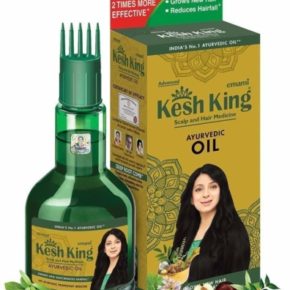
Kesh King Oil Anti Hair Fall 100ml
Total Sold: 49
350.0৳ Add to cart -
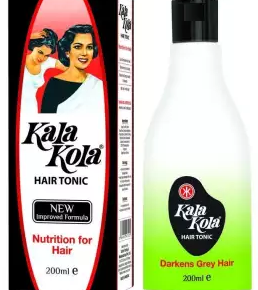
Kala Kola Hair Tonic Nutrition for Hair 200...
Total Sold: 45
560.0৳ Add to cart -
Sale!
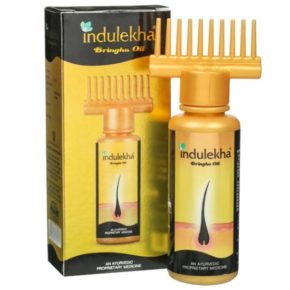
Indulekha Bhringa Hair Oil
Total Sold: 32
620.0৳ Add to cart
Welcome to our selection of hair oils! Hair oils are a popular choice for those looking to nourish and protect their hair, as well as to address specific concerns such as dryness or damaged hair. In this category, you’ll find a variety of hair oils made from natural ingredients, as well as those formulated with specific benefits in mind, such as promoting hair growth or adding shine. Whether you’re looking for a lightweight oil to tame frizz or a deep conditioning treatment to nourish dry hair, you’ll find a range of options here. Explore our selection to find the perfect hair oil for your needs.
In this section, we’ve grouped our hair oils by type to make it easier for you to find the perfect product for your needs.
- Argan Oil: This oil is extracted from the kernels of the argan tree and is rich in fatty acids and vitamin E. It’s known for its nourishing and conditioning properties, making it a popular choice for dry or damaged hair.
- Coconut Oil: This oil is made from the meat of the coconut and is rich in fatty acids and antioxidants. It’s known for its hydrating and nourishing properties, and can help to strengthen and protect the hair.
- Jojoba Oil: This oil is made from the seeds of the jojoba plant and is similar in composition to the natural oils produced by the scalp. It’s known for its hydrating and conditioning properties, and can help to nourish and protect the hair.
- Other Types: In this category, you’ll find a variety of other hair oils, such as avocado oil, olive oil, and castor oil, each with its own unique benefits for the hair.
Browse through the different types of hair oils to find the one that best fits your needs.
Here are a few tips for choosing the right hair oil for your needs:
- Consider your hair type: Different hair oils are suitable for different hair types. For example, if you have fine or oily hair, you might want to choose a lightweight oil that won’t weigh your hair down. If you have dry or damaged hair, you might want to choose a heavier oil that will provide more nourishment.
- Think about your hair concerns: Do you want an oil that will nourish your hair, add shine, reduce frizz, or promote hair growth? Choose an oil that addresses your specific hair concerns.
- Read the ingredient list: Look for oils that are made from natural ingredients and are free from harsh chemicals or synthetic additives. This can be especially important if you have sensitive skin or allergies.
- Consider the scent: If you’re sensitive to fragrances or prefer a more neutral scent, you might want to choose an unscented oil. If you like scented products, you can choose an oil with a natural fragrance, such as an essential oil blend.
- Test it out: If you’re not sure which oil is right for you, consider purchasing a small size or sampling a few different oils to see which one works best for your hair.
Here are some additional resources and information about hair oils:
- How to use hair oils: Hair oils can be used in a variety of ways, depending on your hair type and the type of oil you choose. Some common techniques include applying the oil directly to the hair, using it as a pre-shampoo treatment, or adding a few drops to your conditioner. Be sure to follow any specific instructions provided by the manufacturer for the best results.
- Benefits of different types of oils: Hair oils can offer a range of benefits, depending on the ingredients and formulation. Argan oil, for example, is known for its nourishing and conditioning properties, while coconut oil is known for its hydrating and nourishing benefits. Jojoba oil is similar in composition to the natural oils produced by the scalp and can help to nourish and protect the hair. Other oils, such as avocado oil and olive oil, are also rich in fatty acids and can help to nourish and protect the hair.
- Storing and shelf life: Hair oils should be stored in a cool, dry place, away from direct sunlight. Most oils have a shelf life of around 1-2 years, but this can vary depending on the specific oil and how it is stored. Be sure to check the expiration date on the product and discard any oils that have expired.
- Safety considerations: As with any product, it’s important to use hair oils safely and responsibly. Be sure to follow any cautionary statements or warnings provided by the manufacturer, and avoid using oils on broken or irritated skin. If you have allergies or sensitivities, be sure to read the ingredient list carefully and patch test the oil on a small area of skin before using it.
